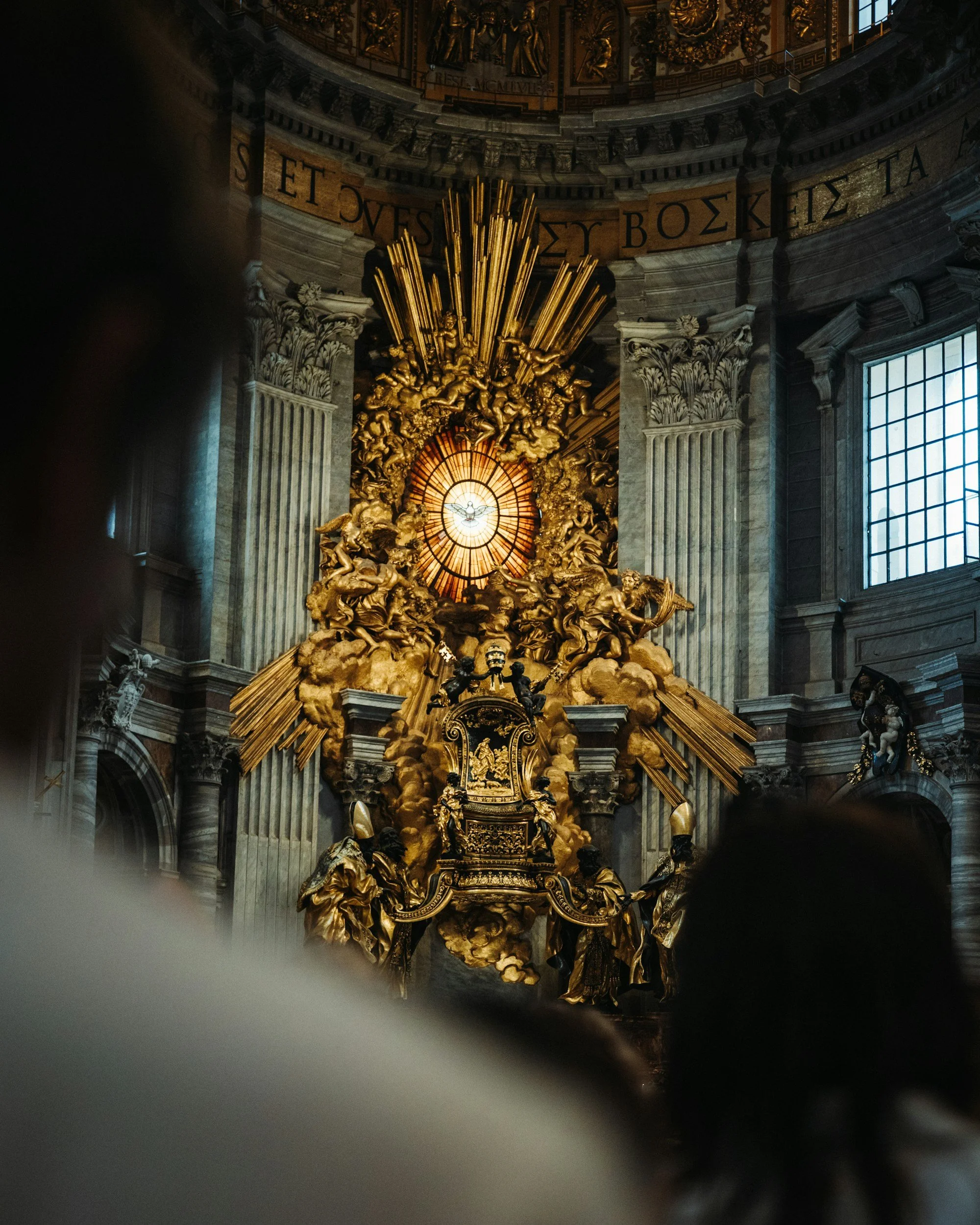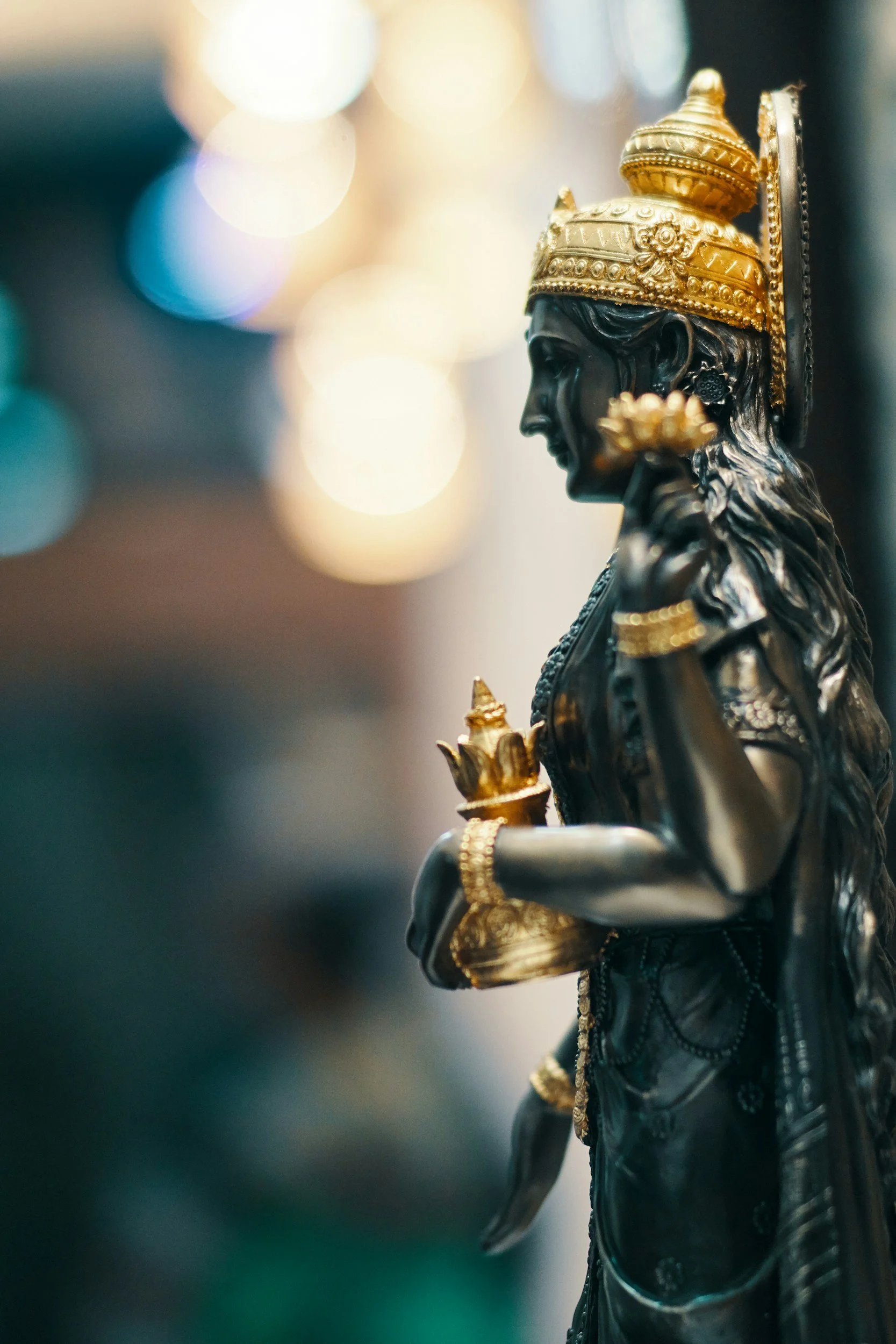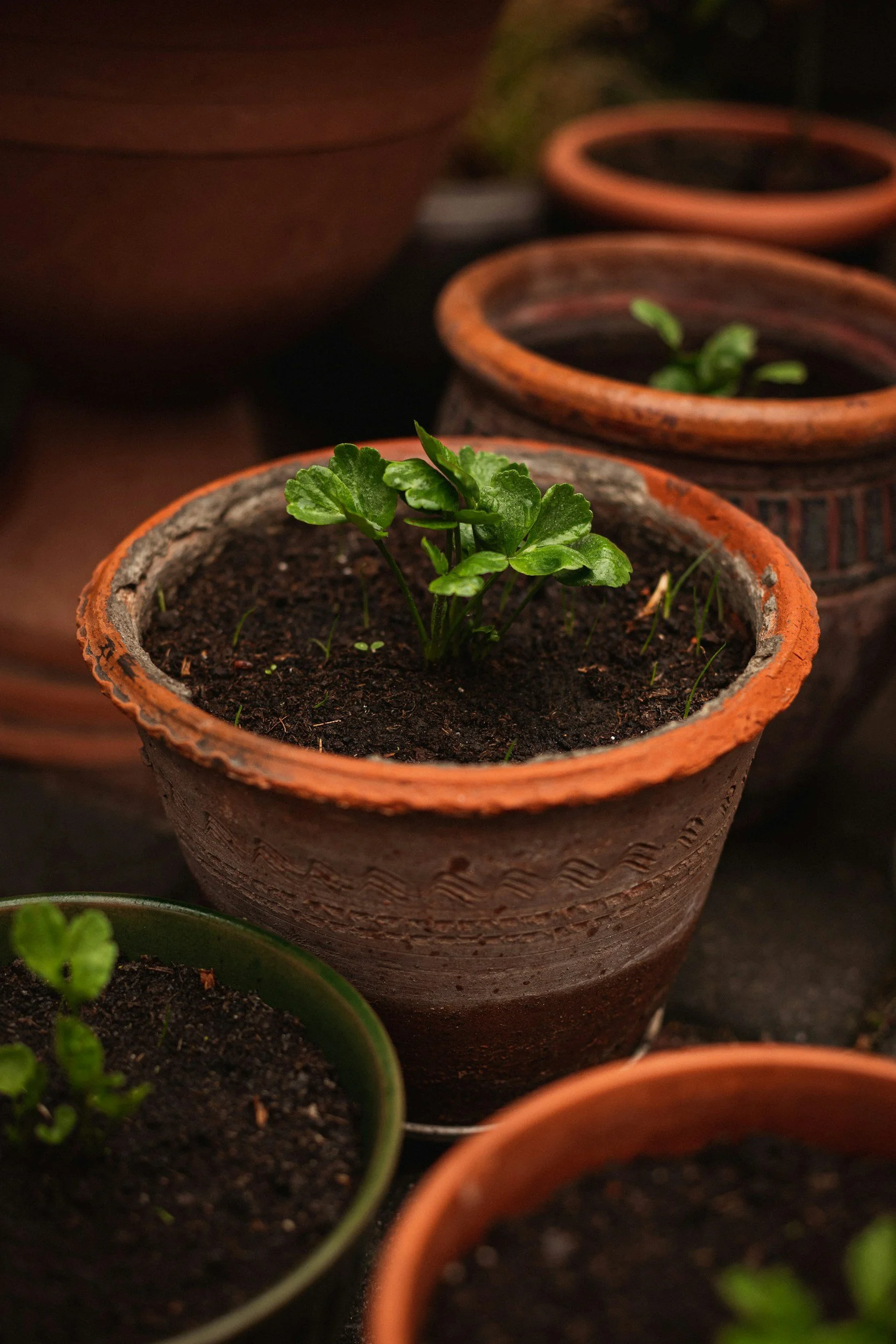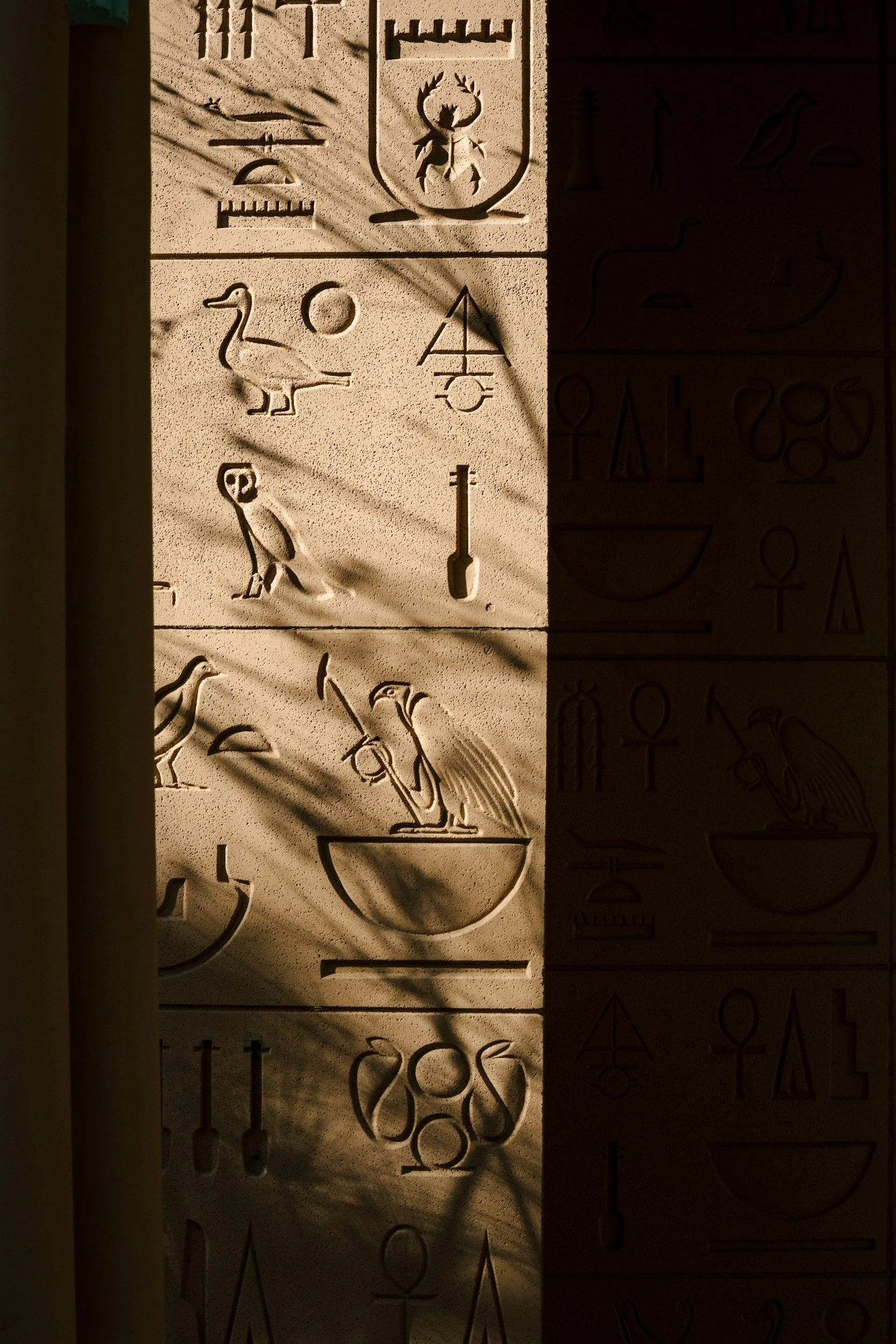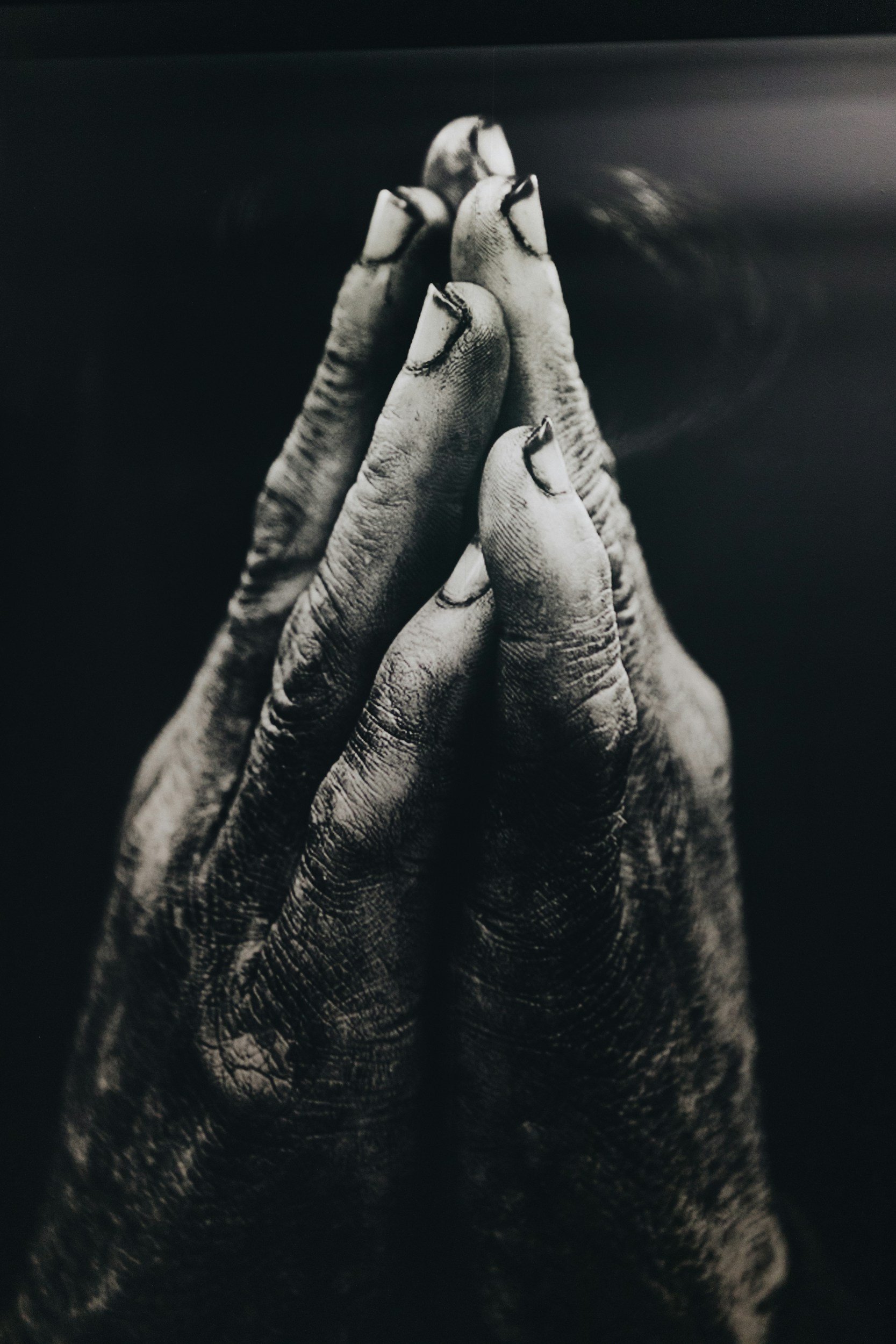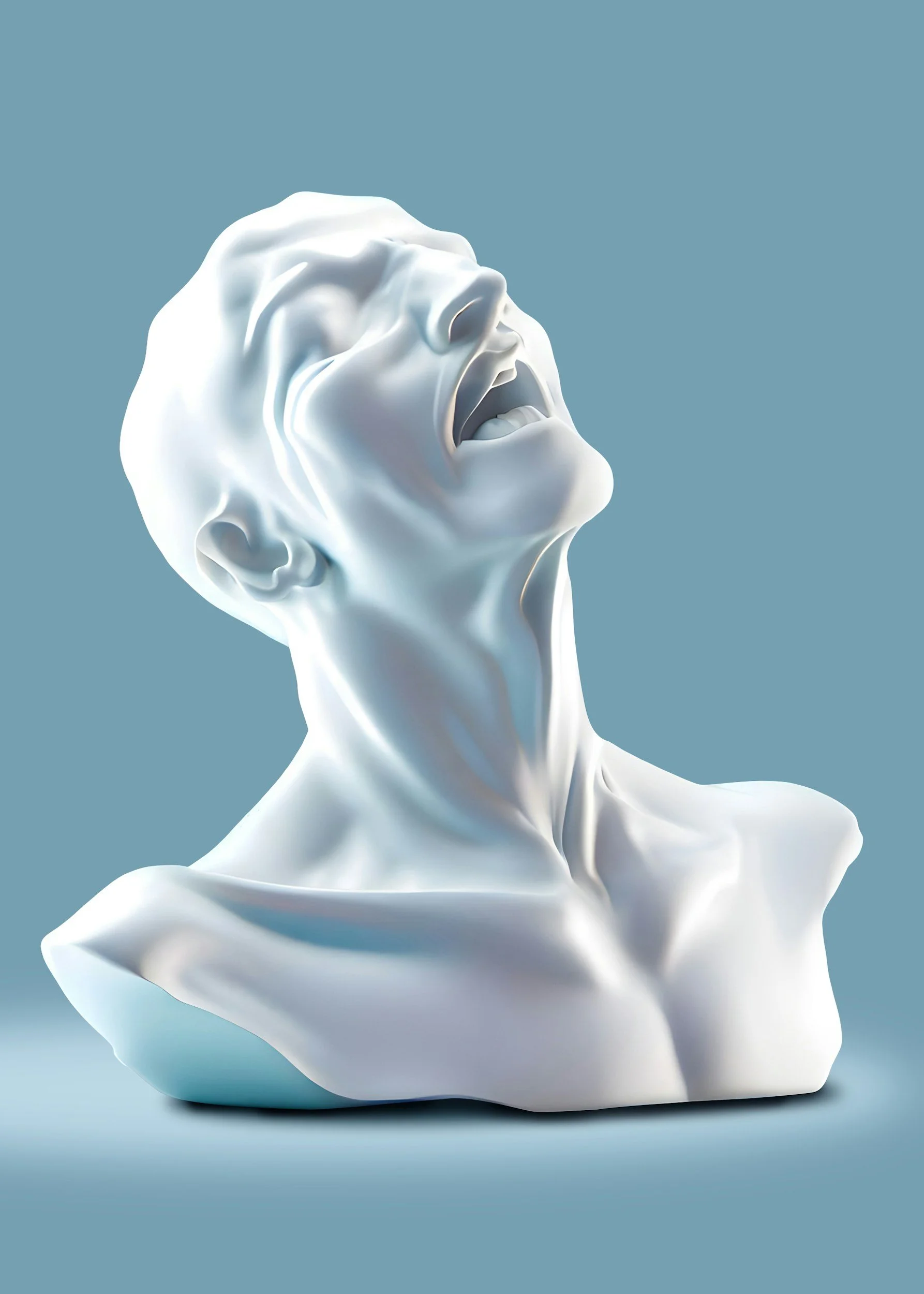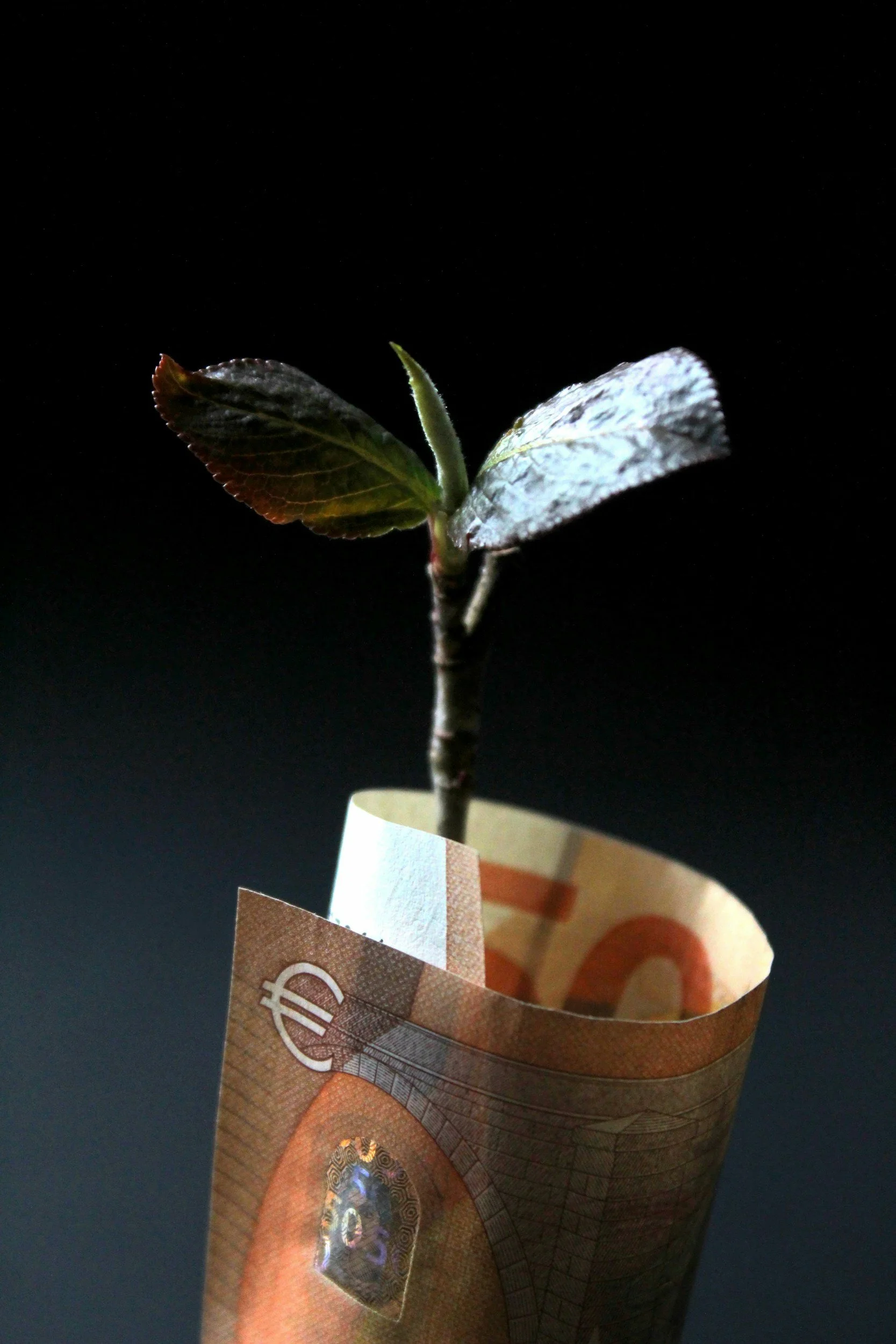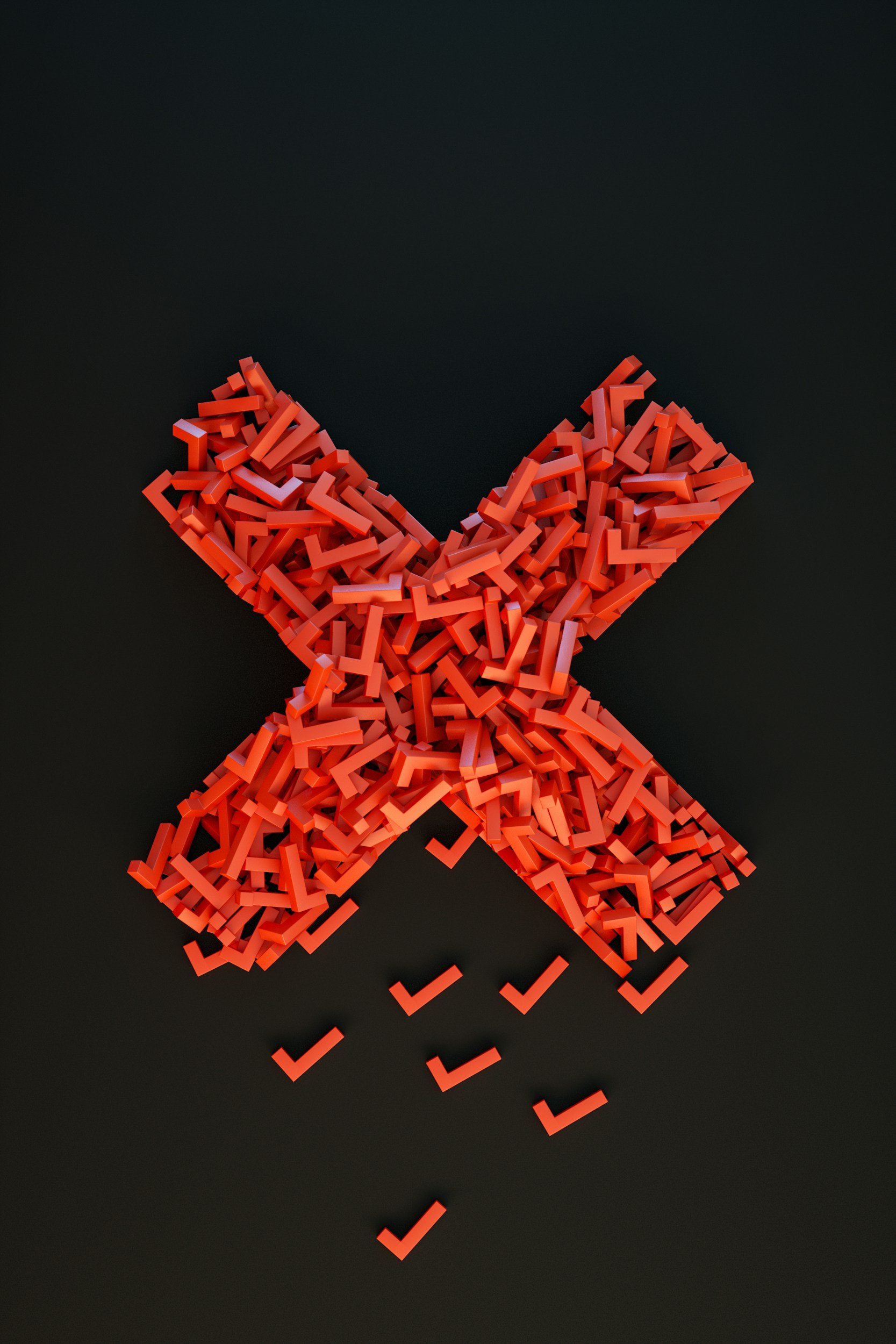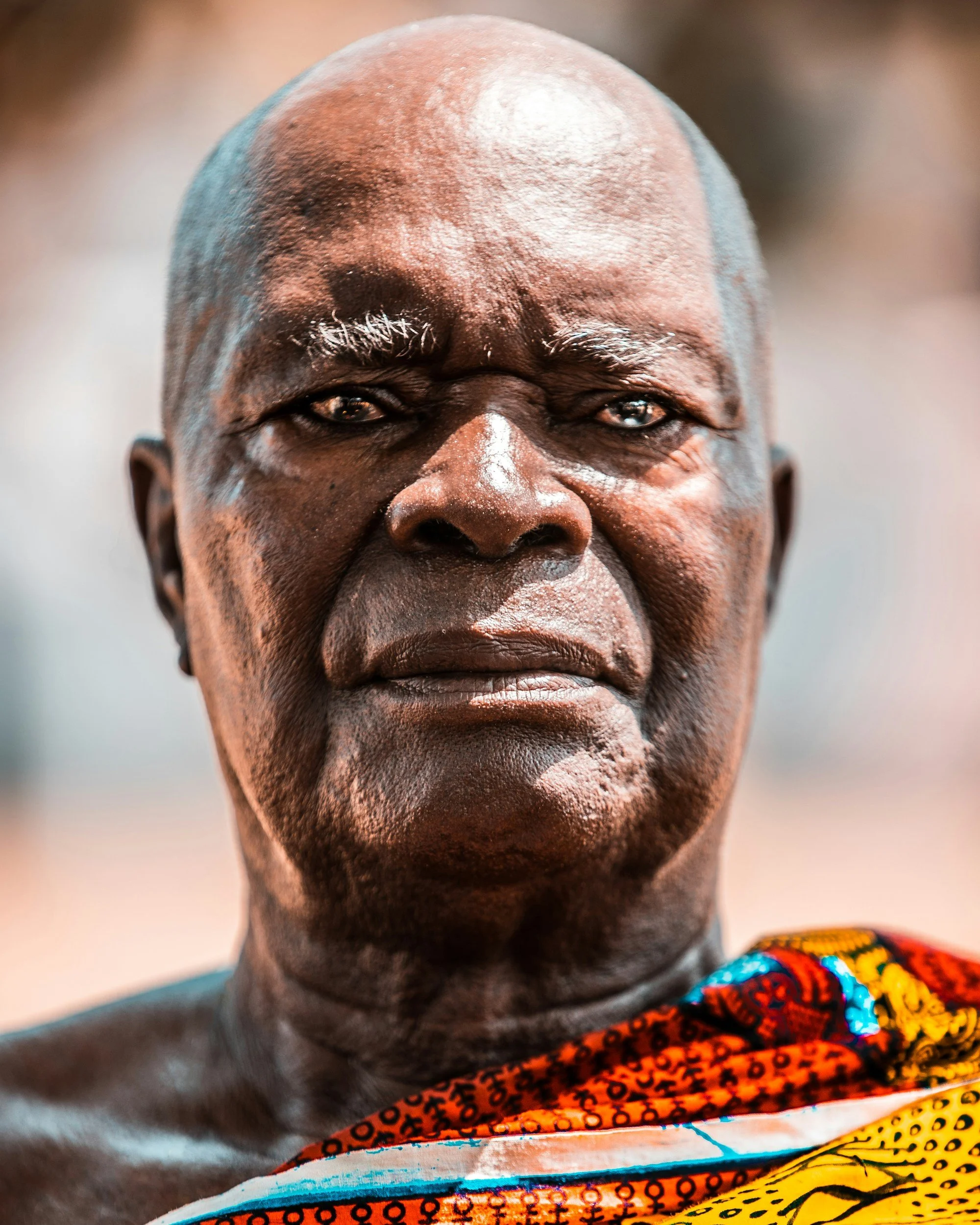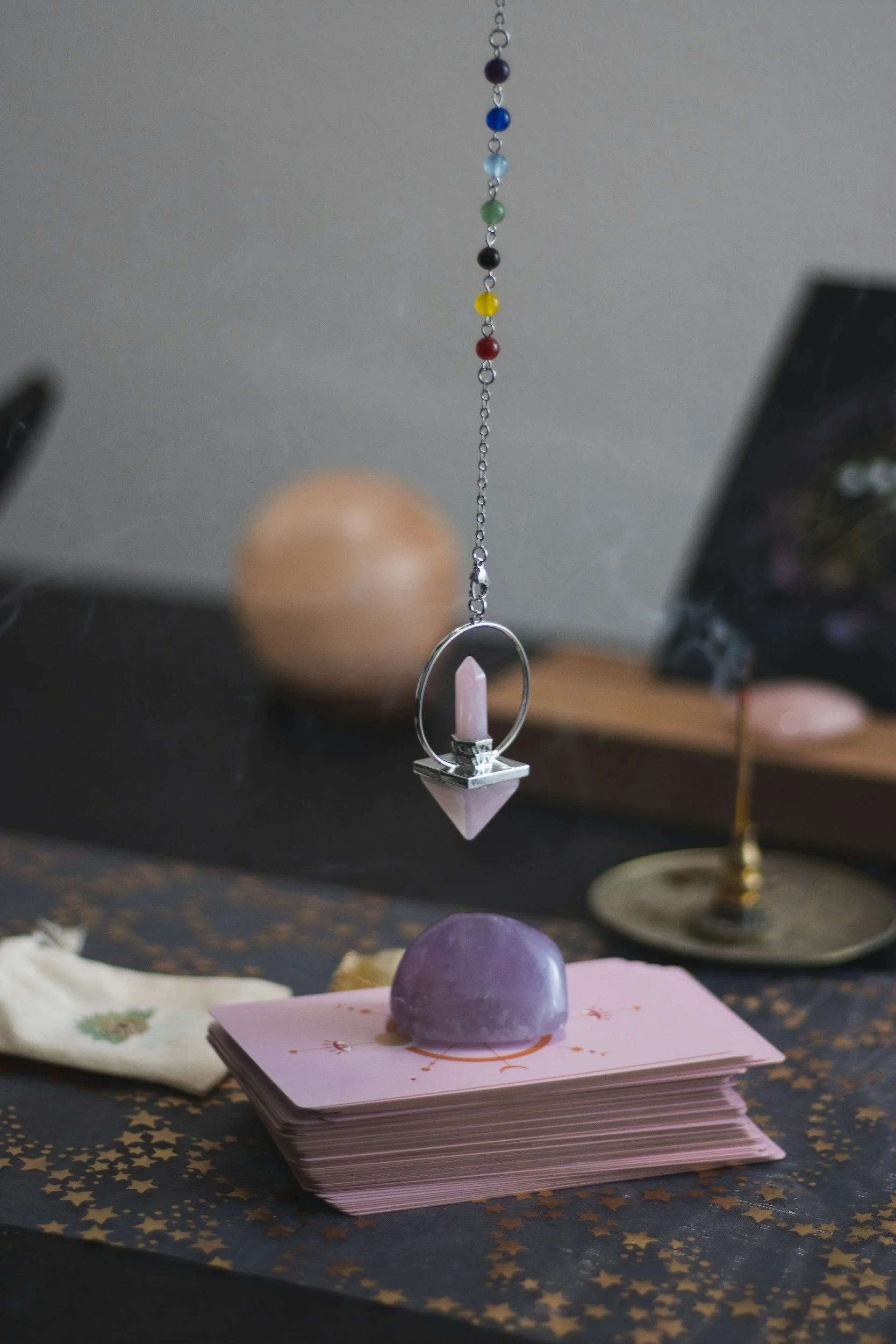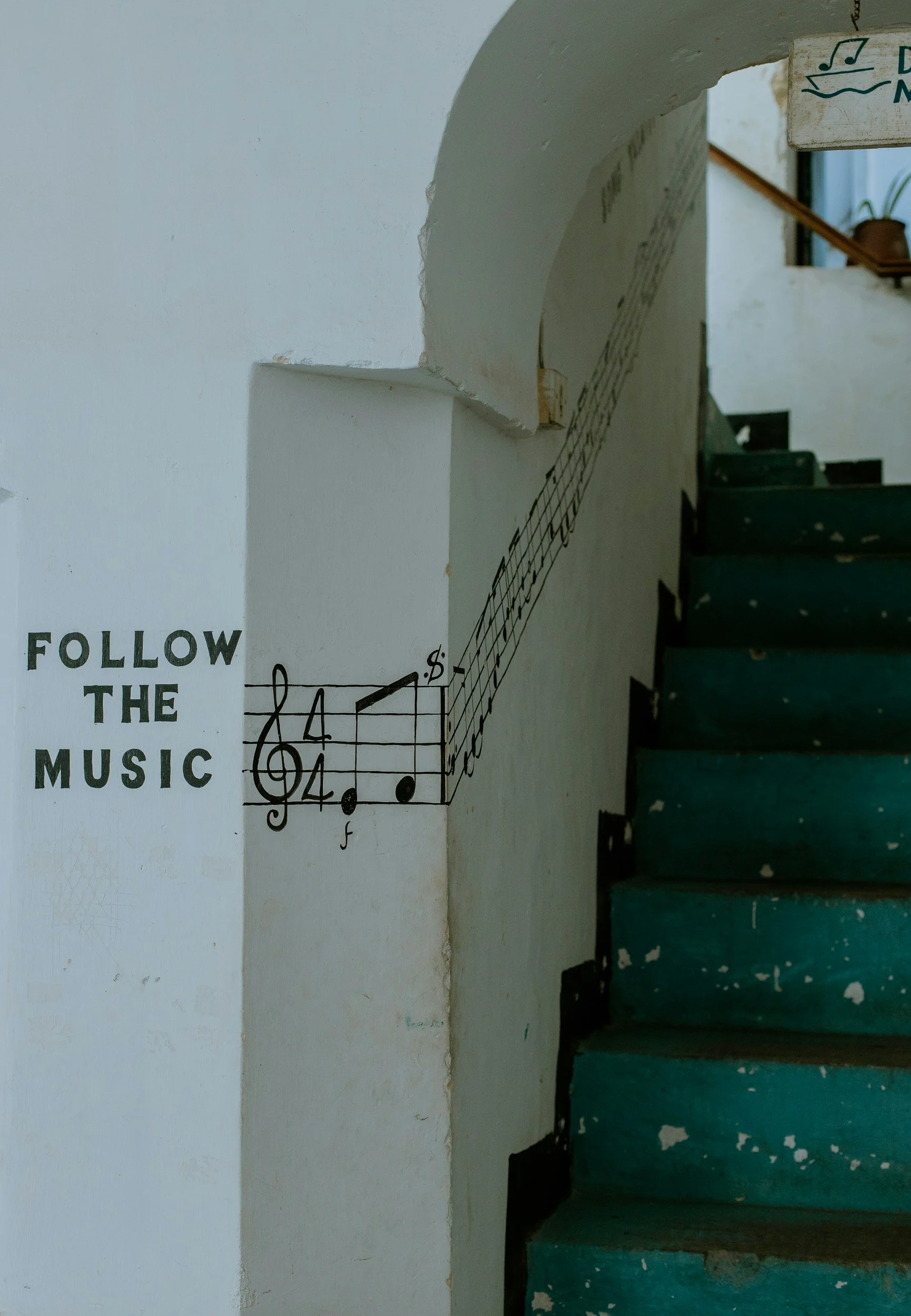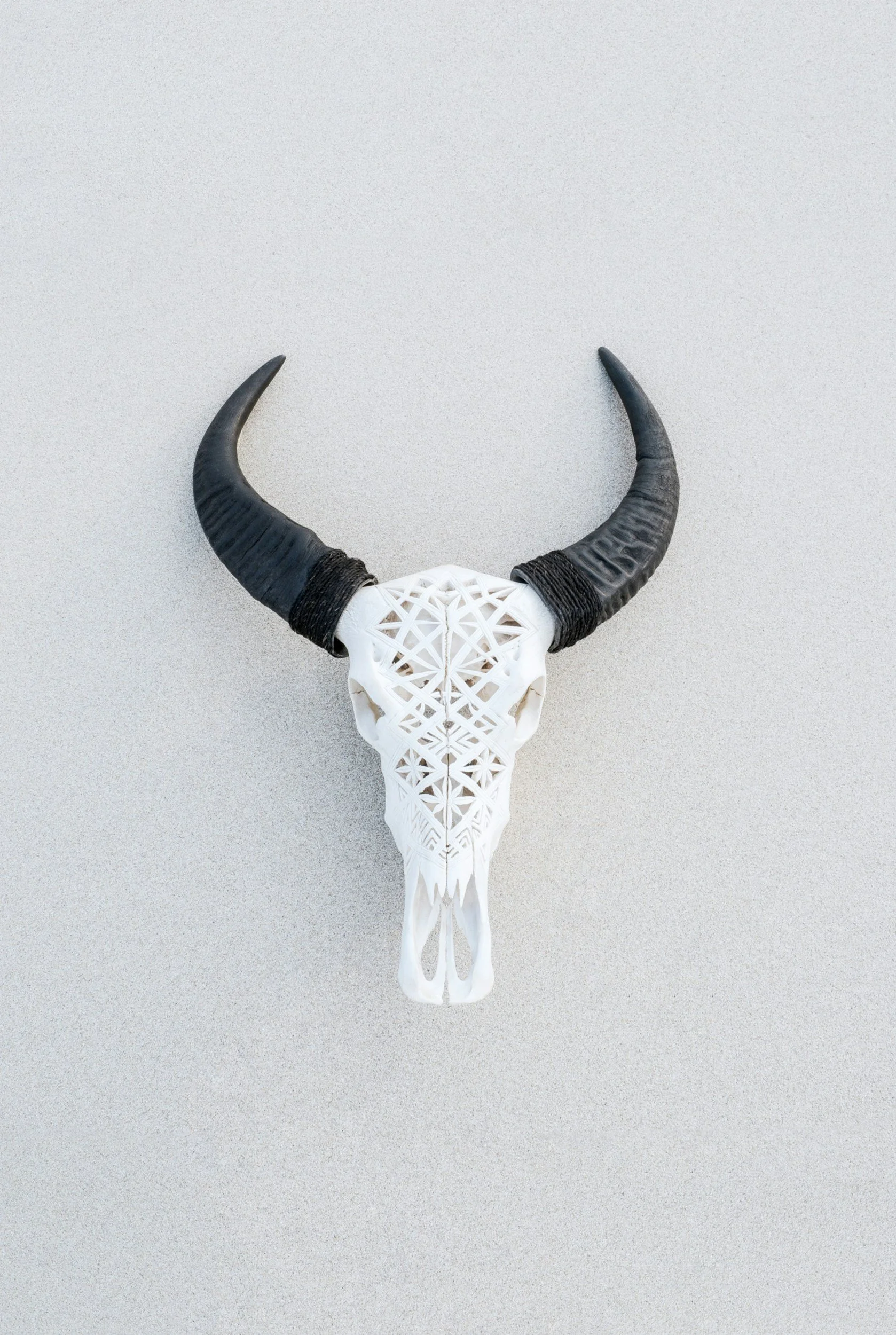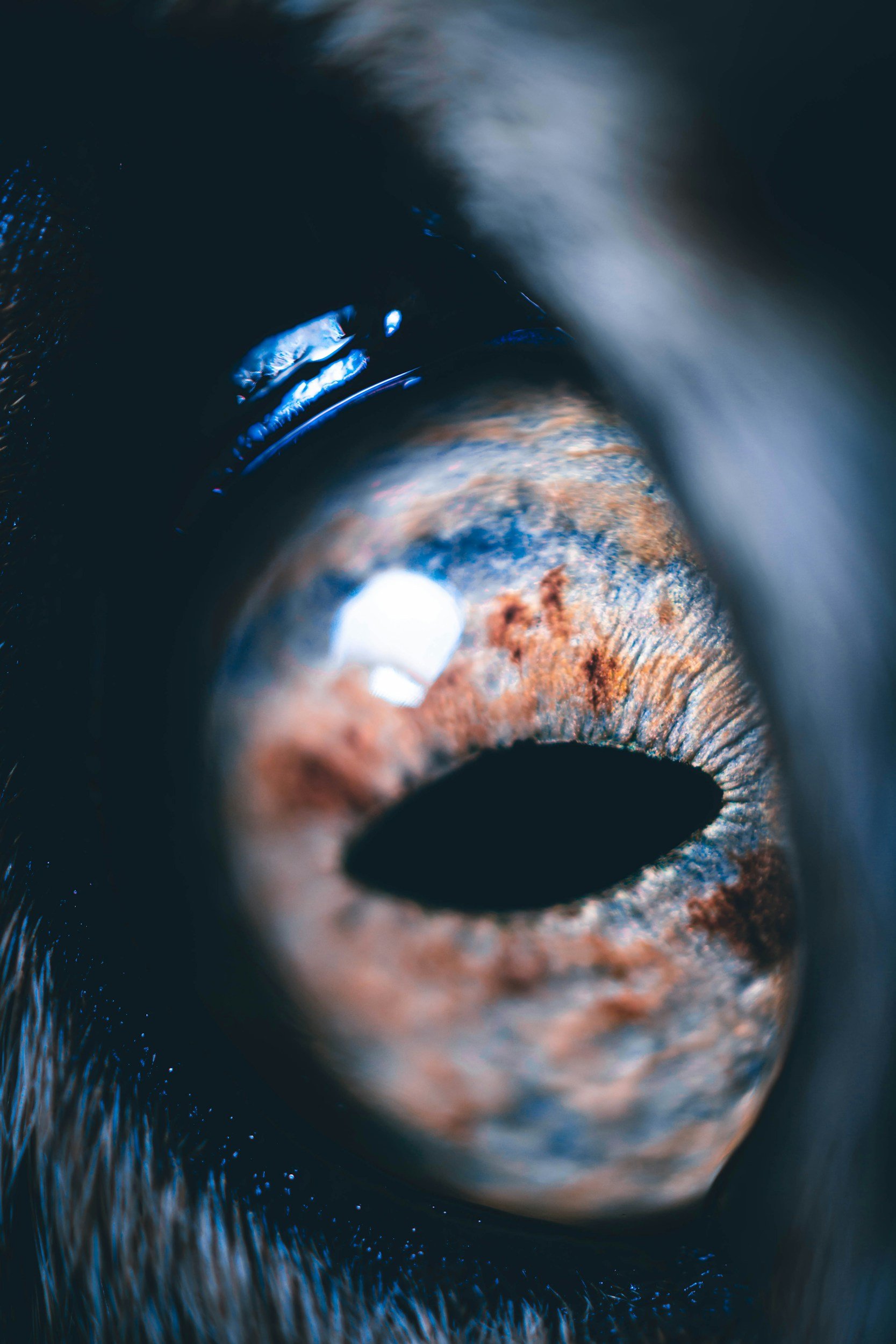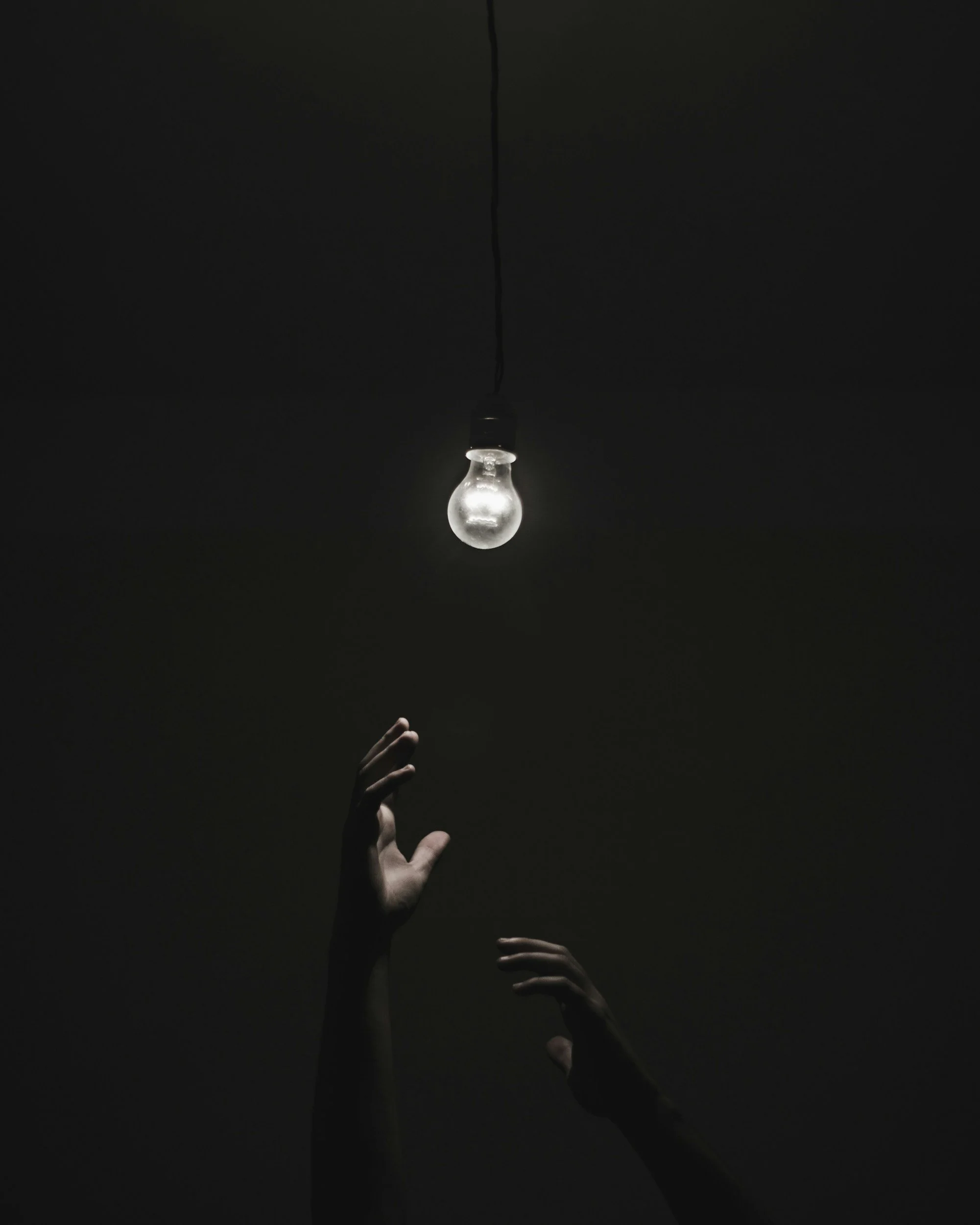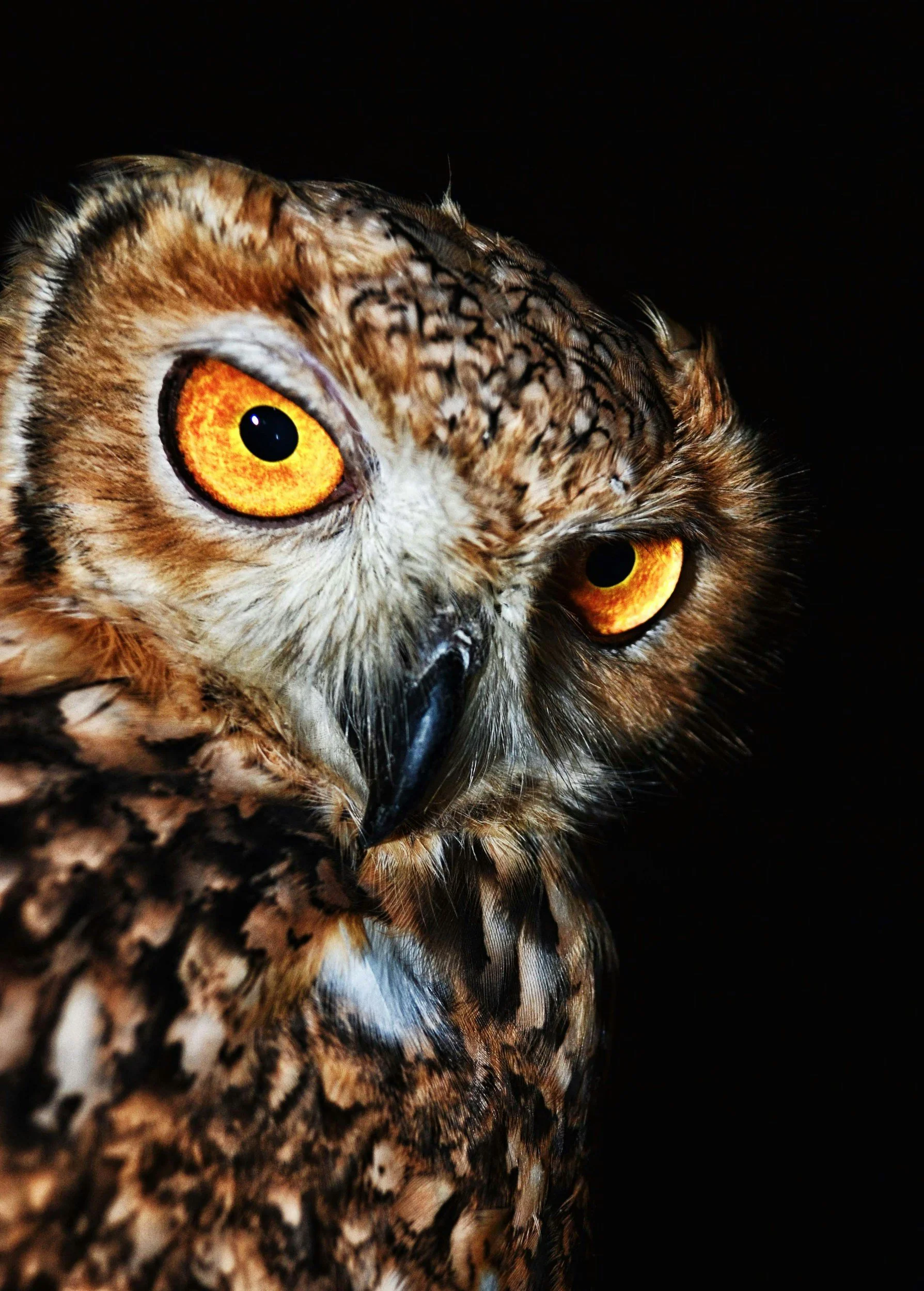Abia Nkita (Nkata): The Mystical Basket of Knowledge in Igbo Spirituality
Abia Nkita represents the super-conscious, intuitive intelligence of the Dibia in Igbo spirituality, mythically encapsulated as a sacred, round basket of infinite knowledge and wisdom. This basket, a symbol of wisdom and knowledge, is central to the Dibia's vocation, encompassing their role as healers, diviners, and custodians of mystical traditions.
“Abia Nkita, which is both a spiritual and mystic reality known to the Igbo Dibia. In its very basic essence, it stands for the super-conscious, intuitive intelligence of the Dibia which is formally ritualized and symbolized by the mystic, round basket of knowledge and wisdom (Abia Nkita) used by him or her in their multifaceted vocation.
The same was also handed to the dog by Chukwu in compensation for its defeat in the mythical journey which it undertook with the tortoise (Mbediogu or Mbekwu Nwa Aniga lit. Tortoise, the Child of the Turtle) to Be Chukwu." - Nze Chukwukadibia E. Nwafor, Leopards of the Magical Dawn: Science and the Cosmological Foundations of Igbo Culture.
What is Abia Nkita?
Abia Nkita, in its essence, stands for the advanced, intuitive intelligence of the Dibia. The term itself is deeply rooted in the spiritual and mystical realities recognized by Igbo mystics. It signifies a state of heightened awareness and connection with the spiritual realm, allowing the Dibia to access immense spiritual knowledge and insight.
This esoteric basket, referred to as Abia Nkita, is not merely a physical object but an ancient symbol of the Dibia's multifaceted role. It serves as a conduit for divine wisdom and guidance. Abia contains all sacred knowledge, wisdom and power of Igbo mystical sciences.
The Mythical Origin: Dog and Tortoise
The mystical narrative of Abia Nkita is intertwined with a myth involving the dog (nkita) and the tortoise (mbe), two animals frequently appearing in Igbo folklore.
In this myth, Igbo ancestors tasked the dog and the tortoise with a journey. The dog, known for its loyalty and eagerness, and the tortoise, known for its cunning and wisdom, were sent on a mission to Be Chukwu. Despite the dog's efforts, the tortoise emerged victorious, thanks to its cleverness. As a form of compensation for its loss, Chukwu handed the mystical basket, Abia Nkita, to the dog.
This story underscores several layers of meaning:
Loyalty vs. Cunning: The dog represents loyalty and straightforwardness, while the tortoise embodies wisdom and strategy. The narrative suggests that both traits are valuable but in different contexts.
Divine Justice: The act of compensating the dog with Abia Nkita reflects a divine sense of balance and justice, recognizing the efforts of all beings in their respective journeys.
Abia Nkita in the Role of the Dibia
For the Dibia, Abia Nkita is a central metaphysical tool in their spiritual and healing practices. Here’s how it is integrated into their work:
Divination: The Dibia whether consciously or unconsciously uses Abia in divination rituals to seek guidance from the spiritual realm. This divine intelligence helps them interpret signs and messages from the ancestors and deities.
Healing: In healing practices, Abia Nkita is a metaphysical repository of herbs, charms, and other medicinal items. The Dibia draws upon the knowledge symbolized by the basket to diagnose and treat ailments, both physical and spiritual.
Rituals: Abia serves as a focal point for divine communication. It acts as a bridge between the earthly and spiritual realms, facilitating communication with higher powers.
Mystical Significance
The mystical aspects of Abia Nkita represents:
Intuitive Wisdom: The super-conscious mind of the Dibia, allowing them to access deeper layers of reality and hidden truths.
Spiritual Connectivity: A symbol of the interconnectedness of all things, emphasizing the unity between the seen and unseen worlds.
Knowledge Preservation: A vessel for preserving ancient wisdom and traditions, ensuring that the knowledge of the ancestors is passed down through generations.
Modern Relevance
In contemporary Igbo spirituality, the principles embodied by Abia Nkita continue to be relevant. Modern Dibias and spiritual practitioners can draw upon this ancient wisdom, adapting it to contemporary contexts while maintaining its core essence.
Spiritual Guidance: Many people seek the guidance of Dibias for personal and communal issues, relying on their ability to access the super-conscious knowledge symbolized by Abia Nkita.
Cultural Identity: The use of Abia by modern day Dibias to reinvent rituals and ceremonies will reinforce cultural identity and continuity, connecting present generations with their ancestral heritage.
Holistic Healing: The holistic approach to healing, integrating physical, spiritual, and psychological aspects, remains a cornerstone of traditional Igbo medicine, guided by the principles contained in Abia Nkita.
Final Thoughts
Abia Nkita is more than a mystical basket; it is an ancient symbol of the Dibia's role as a healer, diviner, and keeper of wisdom. Its roots in Igbo mythology and spirituality highlight the deep connection between the physical and spiritual realms, offering insights that transcend time. By understanding and integrating the principles of Abia Nkita, Odinani practitioners can tap into a reservoir of ancient wisdom, enhancing their spiritual journey and connection to the divine.
If you have more to share with us on Abia Nkita as a principle or any questions on this post, please leave a comment below and don’t forget to share this post with others.
Recommended Resources:
Leopards of the Magical Dawn: Science and the Cosmological Foundations of Igbo Culture by Nze Chukwukadibia E. Nwafor
The Origins of Ụmụ Agbara Agwụ and the Cult of Agwụ Tutelary Entities on Ọdịnala | Odinani: The Sacred Arts & Sciences of the Igbo People (Article)
The 7 Essential Tools of A Master of Reality | Brian Ewuzie (Article)
The 7 Rings of Mmuo - The Interesting Secret a Dibia Told Me About The 'Human Spirit | The Medicine Shell (YouTube)

